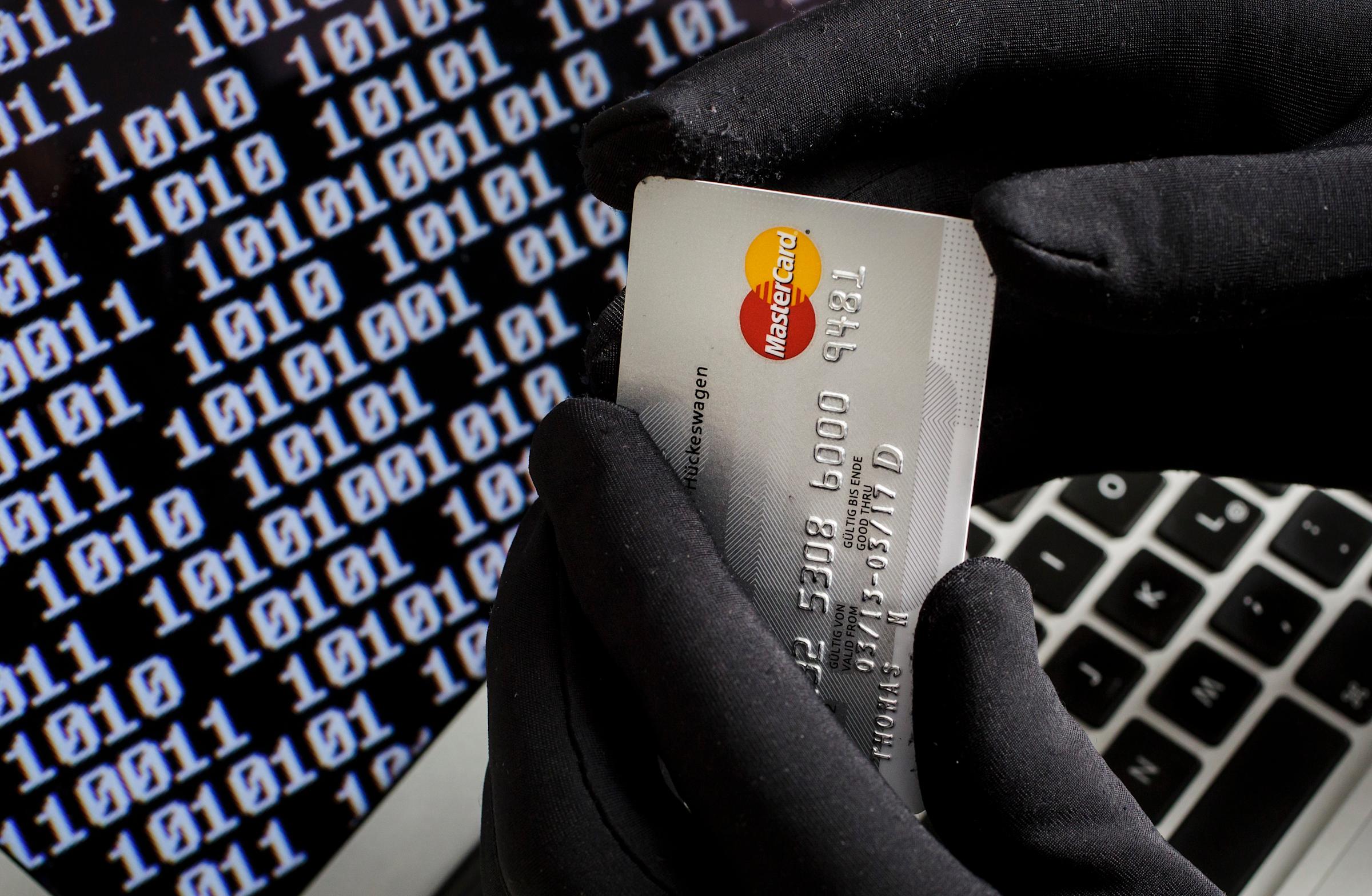Business
South African Payment Cards Now Selling for Just R114 Each on the Dark Web

A Growing Underground Market
Stolen South African credit and debit card details have become hot commodities in the shadowy corners of the internet. According to research by cybersecurity firm NordVPN, the average price for a stolen South African payment card on the dark web is now $6.64, about R114. That figure represents a sharp 64% increase from 2023, when compromised cards sold for just over R70.
While that may sound alarming, South African cards still trade below the global average of $8, with Japan topping the charts at nearly $23 per card.
The data comes from NordVPN’s threat monitoring arm, NordStellar, which analysed more than 50,000 card listings on dark web marketplaces as of May 2025. The researchers didn’t purchase or access any personal details, but they did review the listings’ metadata, the information fraudsters use to advertise stolen card data, including expiry dates, cardholder names, and sometimes even billing addresses.
A Price Tag for Fraud
To put it bluntly, criminals are buying stolen cards for about the cost of a movie ticket. And with that, they can potentially drain an account, take over online profiles, or use stolen credentials for high-value purchases.
NordVPN’s cybersecurity expert, Adrianus Warmenhoven, explained that these stolen cards are often sold in bulk and remain valid for long stretches of time. “For a few dollars, criminals can choose between a night at the cinema or a ready-made route to fraud,” he said.
Some listings come with a full set of identifying details, names, emails, and addresses that make it easier for scammers to pose as legitimate customers. Once validated, the data can be used for everything from ATM withdrawals to online shopping sprees.
Why the Prices Are Rising
The dark web follows the same rules of supply and demand as any other market. Countries with strict anti-fraud systems and lower supply, like Japan or New Zealand, see higher prices. In contrast, nations with frequent leaks and weak controls, such as the United States, which accounts for more than 60% of stolen cards worldwide, tend to have cheaper listings, often sold in bulk.
South Africa’s price surge likely reflects two things: improved local fraud detection (which makes working cards more valuable) and steady data leaks feeding dark web markets.
The Bigger Picture: From Theft to Cash-Out
Stolen card data is only the beginning of a much larger criminal ecosystem known as carding. In this underground operation, “harvesters” steal or source the data, “validators” use bots to test which cards still work, and “cash-outers” convert the validated cards into spendable assets like cryptocurrency, travel bookings, or gift vouchers.
NordVPN’s researchers noted that up to 87% of cards found online still had expiry dates valid for over a year, making them easy to resell. And with automation tools, cybercriminals can test thousands of cards per hour, spreading small “trial” transactions across legitimate websites to avoid detection.
The scale of this global fraud is massive. One infamous example linked to South Africa saw R199 million stolen from over 1,400 ATMs in Japan in a coordinated 2016 cash-out operation.
How to Protect Yourself
Experts recommend several precautions to minimise risk:
-
Check your statements regularly. Activate real-time alerts from your bank to catch unauthorised charges quickly.
-
Avoid saving card details in browsers. Malware can scrape this data easily.
-
Use strong, unique passwords for all accounts linked to your finances.
-
Enable multi-factor authentication wherever possible.
-
Monitor for leaks. Some services can alert you if your card or email appears on the dark web.
-
Use virtual cards or disposable payment options for online purchases.
Cybercriminals may treat stolen data like currency, but vigilance remains one of the strongest defences. In an age where your card details can be traded for the price of popcorn, awareness and prevention are no longer optional; they’re essential.
Follow Joburg ETC on Facebook, Twitter, TikT
For more News in Johannesburg, visit joburgetc.com
Source: MyBroadband
Featured Image: Yahoo Finance
























